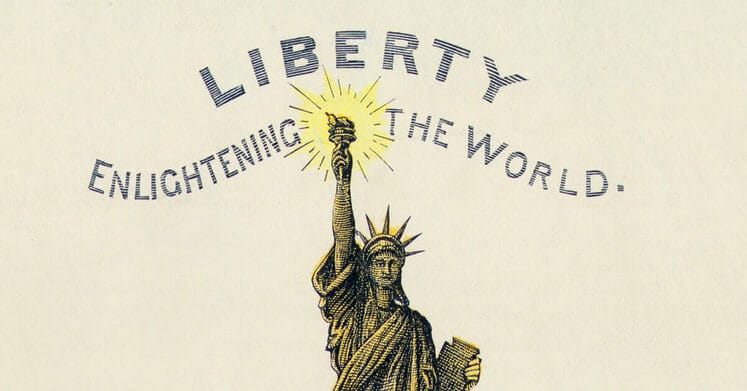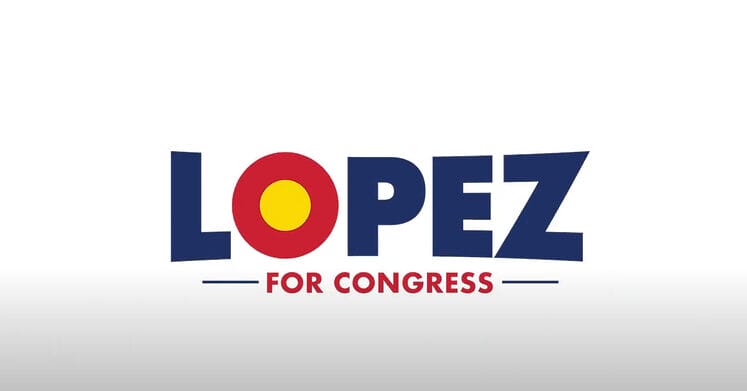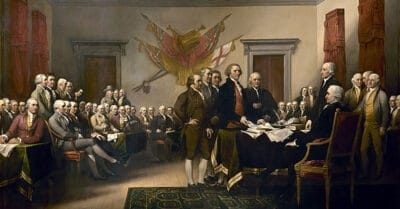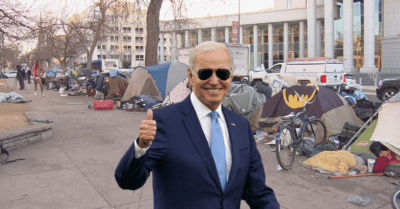
In recent gatherings, discussions and bantering amongst my fellow conservatives and thought leaders, the concept that Liberty may not be ingrained has been a part of the discussions. In these tasking times it can often seem as though the natural human tendency is not towards freedom but towards power. This concept has provoked several questions for me. What is the human nature of people and does that human nature include Liberty? Do people have a proclivity towards power or altruism? I daresay we should start this whole discussion out with the agreement that human nature is nuanced and intertwined with dichotomy. The nuance within Liberty mirrors the nuance of human nature; furthering the idea that what our Founders created stands the test of time and truly is the most audacious government known to man. Despite, or perhaps even in spite of nuance, Liberty is written into the very fabric of humankind; so much so that the founder’s declared it a self-evident truth. Beyond this self-evident truth, we also see evidence of this Liberty weaving itself through the triumphal and tragic tapestry of history. Maybe the question continues to elude us not because Liberty is entirely engrained into human nature BUT it is not enough to merely know and believe this; it requires constant vigilance to protect our natural rights.
How could Jefferson write that this truth of Liberty was self-evident without it being ingrained in human nature? The founding fathers did not invent Liberty or natural rights any more than Newton invented gravity. Gravity has always existed, he merely put a name to it. This does not detract from his discovery and neither does the articulation of self-evident truths take away from American exceptionalism. Even though Liberty may be self-evident, so is the human proclivity towards factions, ambition, and fallibility. The fact is human nature is nuanced. A person can both believe in their individual right to freedom yet advocate for regulations restricting other’s rights. The founding fathers knew how fickle mankind was and designed a government that protected Liberty, but also was designed to protect against the darker sides of mankind. After all, you are never worried when a good, reasoned person has the power to do good, but it is much more worrisome when that force is consolidated behind someone with poor virtue and principles. Thus, the founders sought to restrict the power that both the virtuous and unvirtuous could wield on the citizens of the USA.
Human history displays the brokenness of mankind, but is this demonstration enough to reach the conclusion that Liberty is not natural? I concur with the concept that there are some individuals who crave power, but I daresay that the desire to be free and independent is far more multitudinous than that need to have power over another. The Germanic tribes fought against the mighty Roman Empire. The French rebelled against their power-hungry overlords. God even warned the Jews that they would not like having a King and that the King would violate their rights and steal their children away from them. The American’s fought against the British empire. I struggle not to see the connection that throughout history, when a people are tyrannized, at some point they rebel and cast aside the shackles that bound them. The unfortunate root of the problem is historically when they cast aside those tyrants and authoritarians, they did not have the American Ideal to establish a government that protected their rights. Hamilton stated this perfectly in Federalist Number 9: “It is impossible to read of the petty republics of Greece and Italy without feeling sensations of horror and disgust at the distractions with which they were continually agitated, and at the rapid succession of revolutions by which they were kept in a state of perpetual vibration between the extremes of tyranny and anarchy.” Even in America, we went from the extreme of a monarchy to the listlessness of the Articles of Confederation, but we had wise, reasoned men who decided to cast aside the failing government and start with something new: the Constitution.
The founding fathers believed that Liberty has “flourished for ages”, but they also believed that power corrupts and will be used against other human beings. This understanding of history is what made them found a government that sought to restrict the power of government and to protect individuals. They studied history and saw that merely amending the government never really solved the problem. Federalist Number 6 outlines the history of republics and monarchies and notes that both were fraught with war and violations of natural rights. Sparta, Carthage and Rome were no better than England, Spain or Holland and even though changes were made to better all those governmental systems, those changes still fell short of actually protecting Liberty and natural rights.
What makes the American founding so exceptional is not that they “discovered” Liberty (again, it is self-evident), it is that they founded this country on an audacious idea; they focused on the idea of Liberty, making it the first country to be founded in such a way. They compiled and amended different institutions from various political philosophers and created a whole new type of government. This is truly exceptional and in no way detracts from the founding fathers, in fact it makes their achievement even more extraordinary. They did what Plato and Aristotle and every philosophical thinker that followed could not: create a form of government contrary to every form of government tried in human history that protects an individual’s rights.
It is negligent to merely say that Liberty is ingrained in human nature and then hope that by stating fact that it will mysteriously seep into conscious political actions. We should show people that they exhibit freedom in their personal choices but then advocate against that very freedom in their political ideologies. People love choosing their own coffee, the cars they drive, what to name their children, how to raise those children, what they are going to drink at dinner, where to walk, what to read, what their hobbies are, and the list truly is as endless as the mind is innovative. I have travelled the world and played with children in Africa who made a soccer ball out of plastic bags and rope. After the game finished, that soccer ball was taken home by the child that made it. They instinctually knew what private property was even though they lived in a country that did not protect those rights nor did they have a classical education of these rights. It is delusional not to acknowledge that Liberty is one of many natural responses we have as humans, regardless of culture or language. But through a lack of civic knowledge, many are not educated about natural rights and how they should be acknowledged and protected through the proper role of government. Many do not understand that these rights belong to us simply by being born and are violated across the world. Just because these rights are violated or were violated in the past does not mean that they are not ingrained on the human condition, it merely means our ancestors either did not have the means or power to fight for their rights or did not know they had them.
Liberty courses through my veins and yours. It influences every aspect of our life. On the deepest level, the human inclination leans mightily towards Liberty. The individual human tendency is to look towards the beacon of freedom and reject acts of force.









Responses
The Science of Rights:
https://www.researchgate.net/publication/356475384_THE_SCIENCE_OF_RIGHTS